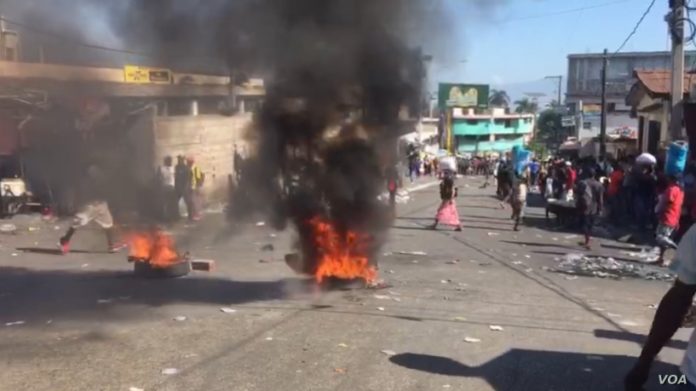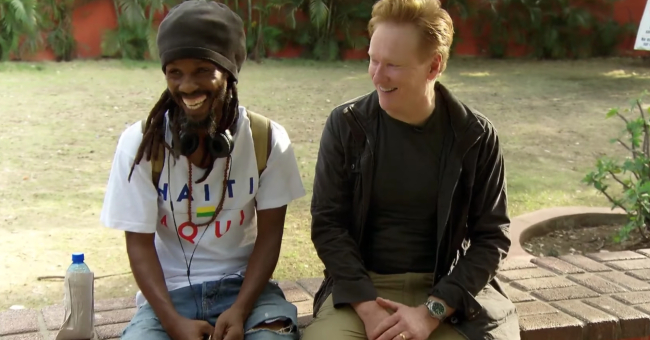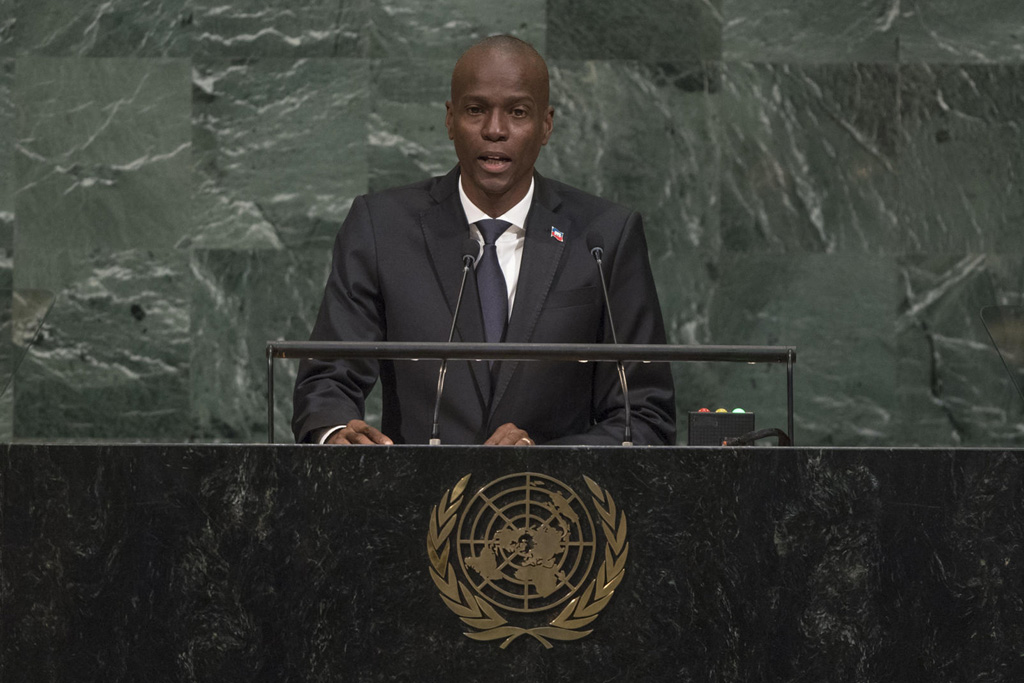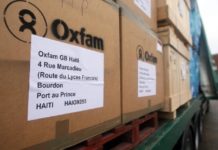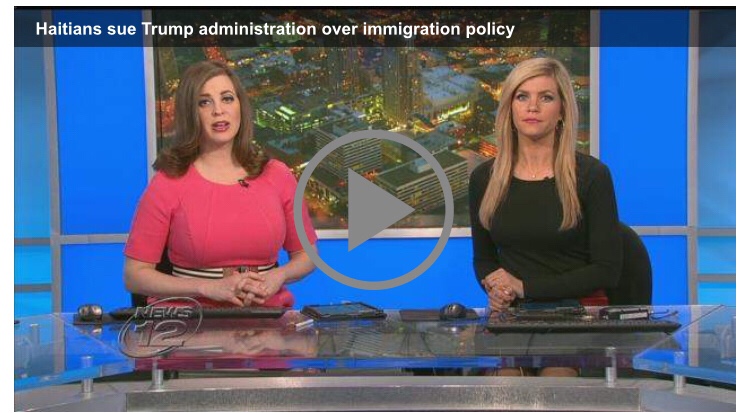WASHINGTON / PORT-AU-PRINCE — Haiti is preparing for mass protests Friday after opposition groups published a statement asking citizens to take to the streets that day to demand the ouster of President Jovenel Moise.
The protests are meant to coincide with national hero Jean Jacques Dessalines’ birthday. Dessalines, a former slave and revered revolutionary war general, announced the country’s independence from France in 1804. For many Haitians, he symbolizes the pinnacle of good leadership.
Among the opposition’s demands are the establishment of a transitional government, trials for all those implicated in the PetroCaribe corruption scandal, prosecution of public officials accused of corruption, and organization of a National Sovereignty Conference to discuss the framework for a new government.
“Our objective is to establish a good foundation to build a new structure that will benefit every level of Haitian society,” said Andre Michel, spokesman for the Democratic and Popular Sector (Secteur Democratique et Populaire).

Gas shortage
A severe gas shortage has had a crippling effect nationwide. Residents who rely on gas for transportation, electricity, commerce and other essential daily activities have been lining up and waiting for hours to buy limited quantities of gas. Mobile video recorded by a VOA Creole freelancer showed a large group of people, each holding plastic yellow containers for gas, fighting after someone cut into a long line in Port-au-Prince.
The shortage has also created high demand for gas on the black market, where gallons of gasoline are sold for exorbitant prices. The criminal activity sparked so much concern among law enforcement that officers rounded up journalists to witness a crackdown on contraband. Officials said they would arrest and prosecute anyone found selling gas on the black market.

To try to soothe national ire over the gas situation, acting Prime Minister Jean Michel Lapin announced that the country had received and paid for 140,000 barrels of gas that would be distributed to local stations starting Thursday. He also announced that the government, which subsidizes the price of gasoline to keep it affordable for the underprivileged, planned a price hike.
“The government can no longer afford to subsidize [the price of] gasoline,” Lapin said. “So, the government is thinking about how it can keep regular gas prices affordable for the underprivileged while hiking the price of diesel.” He did not say when the price increase would go into effect.
But a gas price hike announced by the government during the late-night hours of July 6, 2018, sparked outrage that triggered several days of violent protests nationwide that led to at least seven deaths, lootings and burnings of businesses, and destruction of hotels and private property.
‘Sick and tired’
On Monday, protesters used rocks, flaming tires and their cars to block streets in some neighborhoods of the capital, Port-au-Prince, Jacmel and Cape Haitian in a show of anger over the gasoline situation and their disgust with the country’s political and economic crisis.
“The president has not said a word! Let’s be serious, poor people can’t even find a gallon of gas to buy so they can get to work. The way the country is going is not good. The president must go,” a man selling water on the street told VOA Creole.
“I have never experienced bad times such as these,” a cigarette vendor told VOA Creole. “Even under the [U.S.] embargo things weren’t this bad. I call this embargo death.”
Other protesters complained about the cost of living, lack of jobs and not being able to send their children to school.
Political activity is also in crisis mode after an opposition senator, Saurel Jacinthe, publicly accused several colleagues and a potential officeholder of exchanging cash for votes in parliament.

Ruling party PHTK (Pati Ayisyen Tet Kale) leader Line Balthazar issued a statement about the current crisis on Tuesday.
“We recommended that the president make some decisions — and start by signing a political agreement with the opposition,” Balthazar told VOA Creole. “The political accord will also include members of civil society, the private sector, citizens associations — so we’re looking for a consensus to resolve the country’s problems.” He also recommended the president withdraw the nomination of Fritz William Michel as the next prime minister.
Balthazar met with Moise before his interview with VOA Creole Wednesday, but did not divulge what was discussed or decided.
UNGA speech
Meanwhile, Moise is preparing to head to New York, where he is scheduled to deliver a speech before the U.N. General Assembly on Sept. 27.
“We want the world to know that Jovenel Moise has no mandate to speak on behalf of the Haitian people at the United Nations or any other location,” Marjorie Michel, a member of the Democratic and Popular sector opposition party, announced during a press conference Thursday.
Michel also reiterated the opposition’s demand that the president resign as soon as possible and said the opposition was ready to hit the streets Friday.




























![Phyllisia Ross – KONSA [Official Music Video]](https://haitiville.com/wp-content/uploads/2014/08/phyliisia.jpg)
